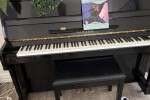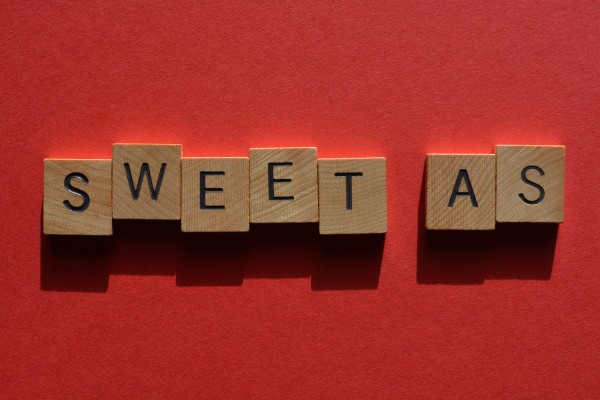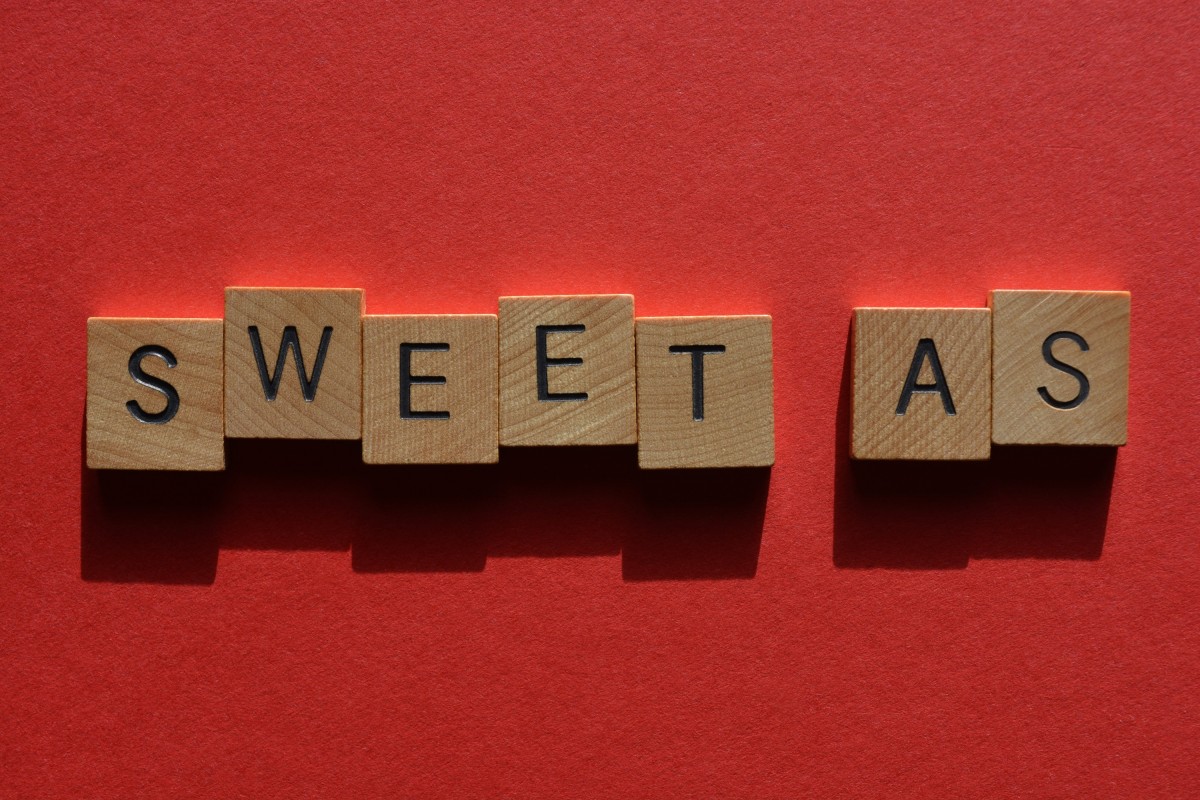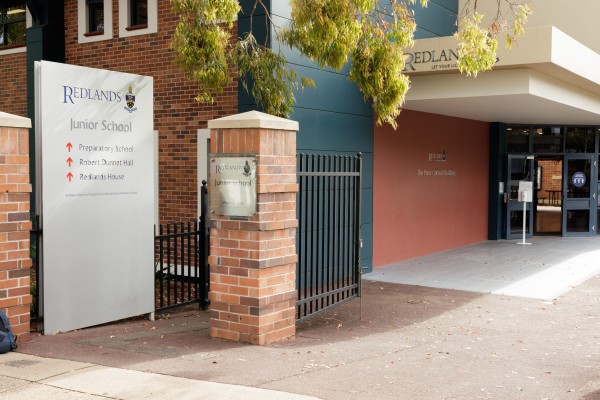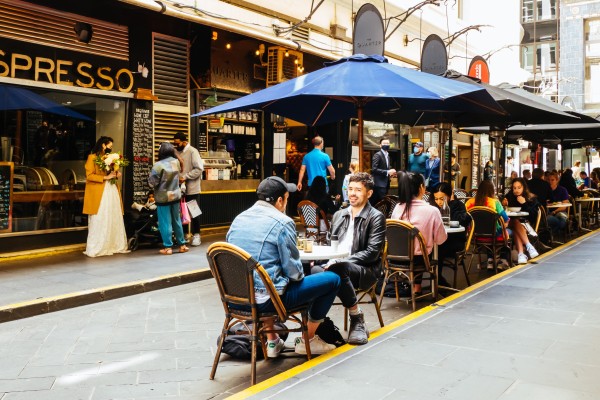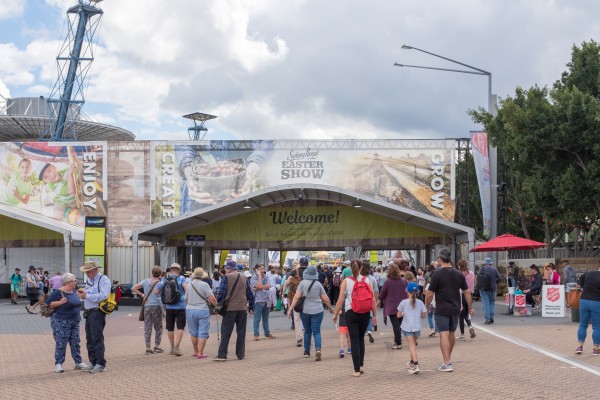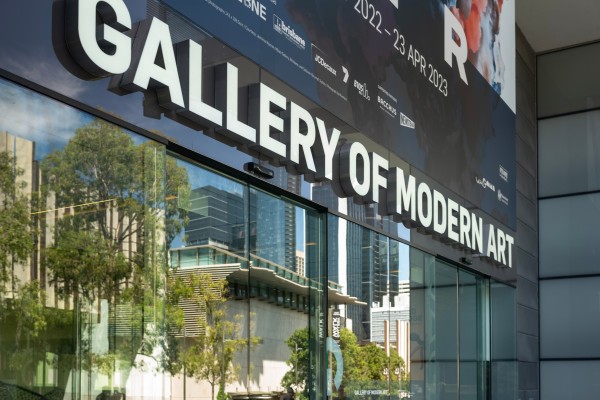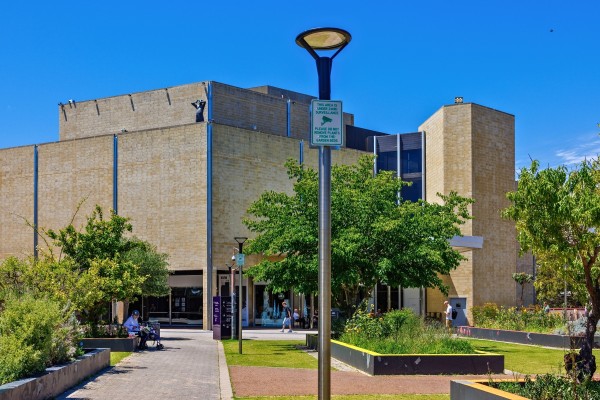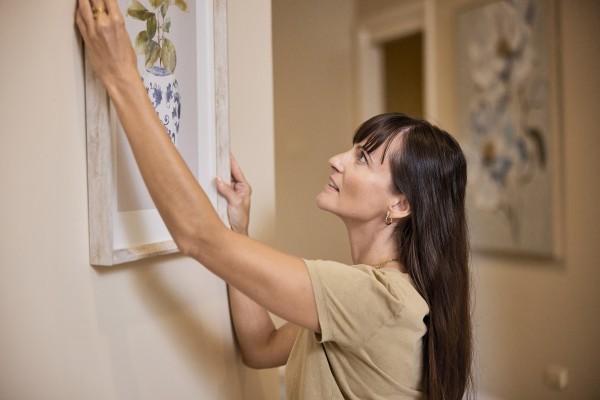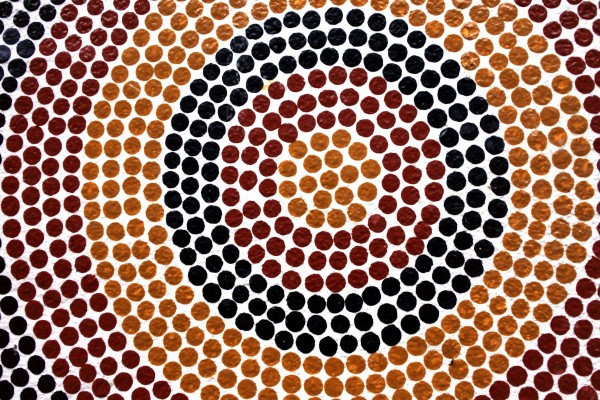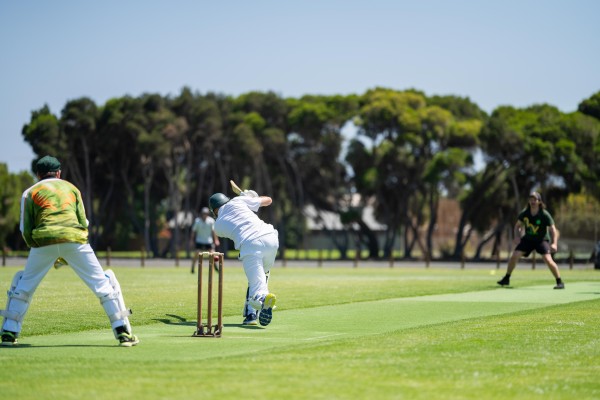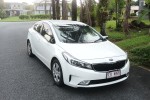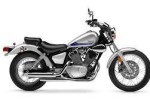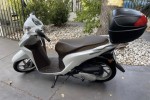Learn Australian English with this quick guide

Learning a new language can be tricky enough without worrying about different dialects. But, if you’re learning how to speak, read and write English you’ll find out pretty quickly there are quite a few differences in the language depending on where you are in the world.
While English is one of the most widely spoken languages in the world, pronunciation, slang, and accents are all influenced by the history and culture of those who speak it.
In this article we’re covering everything you need to know about the differences in Australian English compared to American and English dialects - to help you learn the Aussie way of speaking in rapid time.
Australian English vs British English
Pronunciation
Pronunciation can cause all sorts of confusion when it comes to the English language. While Australian English is comparable to British English in terms of its spelling and sentence structure, accents and pronunciation can be quite a different story.
If you’re new to Australian English, the strong Aussie accent may have you scratching your head. Here are some things to look out for when working out Aussie English pronunciation:
Vowels: British English tends to pronounce every syllable whereas Australian English speakers often merge vowel sounds. This is the foundation of the highly distinctive Aussie twang.
T sounds: Aussies tend to soften their T sounds. While an English person may say ‘bottle’ an Australian will pronounce it ‘boddle’.
Spelling
As mentioned, spelling across Australian English and British English is almost identical. While there was a period of time when American spelling was more prominent in Australia, the introduction of the Concise Oxford English Dictionary re-established British spelling as the preferred approach in most Aussie literature.
Slang
Slang can cause all sorts of confusion, and there’s nowhere else on this planet that does slang quite like the Aussies. The classic laid-back Aussie demeanour extends to their vocabulary - Australians have an extensive (and ever-growing) slang dictionary. Check out our list of 50 Australian slang words you should know.
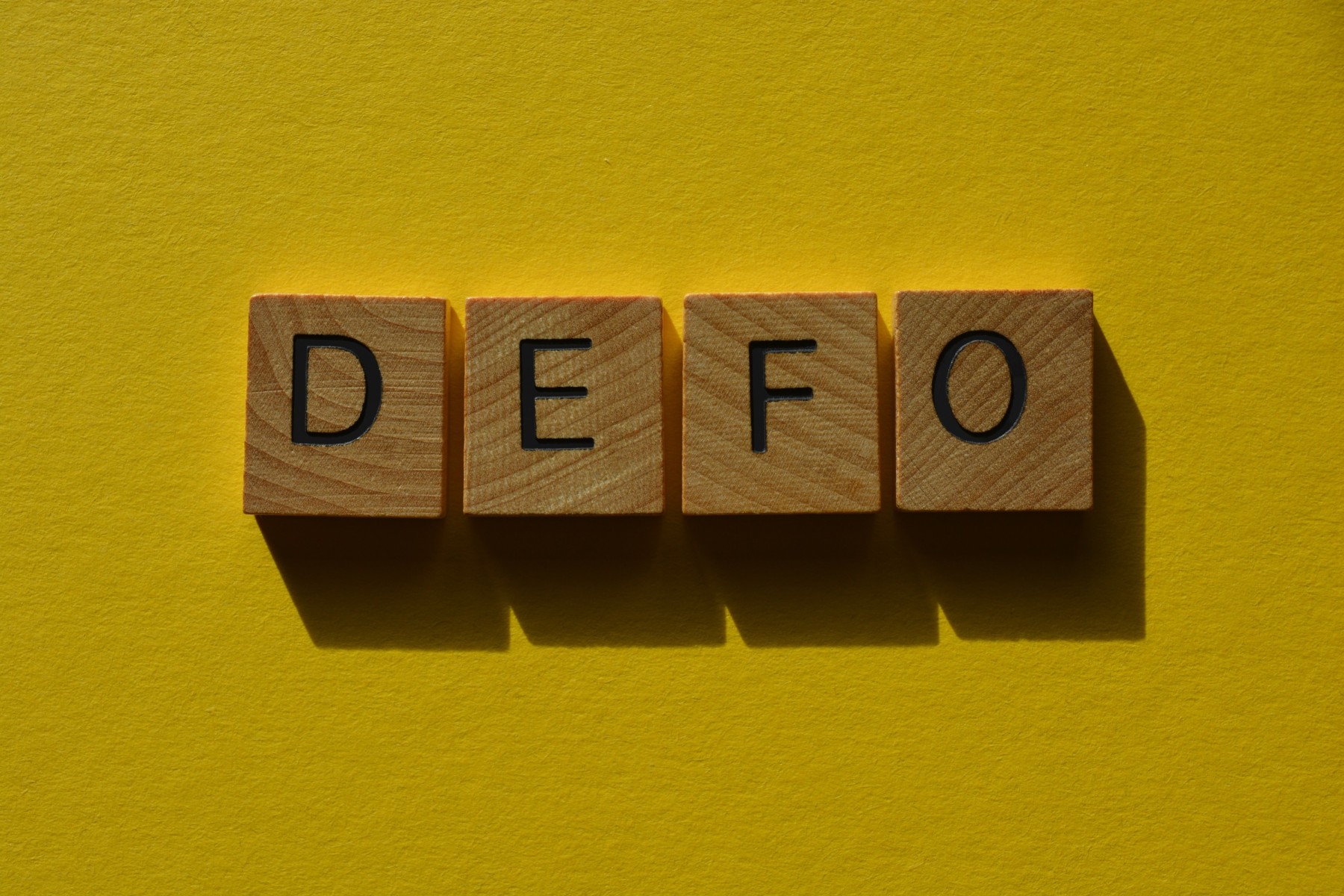
In contrast, British English is far more reserved. While there are region-specific slangs in British England, the mainstream British language is largely slang-free.
Australian English vs American English
Pronunciation
One of the most notable differences in pronunciation between Australian English and American English is in the way each country delivers their Rs and their Os.
R sounds: American English calls for a clear and distinct delivery of the letter r, while the Aussie way of doing it is to act like it’s not even there, particularly when there’s a vowel in front of it.
O sounds: Americans tend to pronounce their ‘os’ with an ‘a’ sound. In contrast, Australian English has more of a heavy ‘ o’ sound. A good example of this is in the word sorry.
American pronunciation: “sarry”
Australian pronunciation: “sorry”
Spelling
While Australian and American spelling are quite similar, there are some key differences to be aware of:
-
Australians often adopt an ‘s’ in the place of a z.
-
Australian and British English use ‘our’ in instances where Americans use ‘or’
-
Sometimes, Australian and British English dialects adopt an additional ‘l’.
See some examples below.
|
Australian / British spelling |
American spelling |
|
organise |
organize |
|
analyse |
analyze |
|
colour |
color |
|
favour |
favor |
|
travelling |
traveling |
Slang
American English slang has gained worldwide popularity thanks to tv, movies and music. This means that much American slang is also in use in Australian English.
However, this universal approach does not apply when it comes to Australian slang which includes an extensive additional vocabulary only used in Australia. Check out our guide to Aussie slang for more info.
Australian vs British vs American English - keywords
|
Australian |
British |
American |
|
Chips |
Crisps |
Chips |
|
Lollies |
Sweets |
Candy |
|
Grocery store |
Supermarket |
Grocery Store |
|
Dunny /Toilet |
Toilet |
Restroom |
|
Thongs |
Flip flops |
Flip flops |
|
Stubby |
Beer |
Beer |
|
Doona |
Duvet |
Quilt |
|
Bottle shop |
Off-licence |
Liquor store |
Getting used to Australian English
The best thing about coming from either British English or American English to Australian English speaking is that the Aussies are pretty easy-going about language. The best way to familiarise yourself is by speaking with locals, and, for the most part, the Aussies are always happy to chat, particularly if a cold stubby is involved.
What do our customers say?
